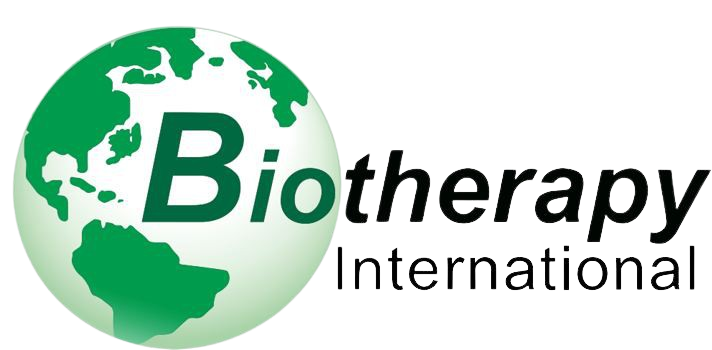Disorders defined as Autism Spectrum Disorder (ASD), including Asperger’s syndrome, include a wide array of complex developmental conditions that affect a person’s ability to communicate, speak, behave and interact with the world around them.
Each one of the abilities affected by autism will be impaired differently, and to a different extent, from patient to patient. This is why the symptoms and manifestations are very hard to define. There are, however, some common characteristics shared by most cases: first, symptoms will likely become noticeable between the ages of 2 and 5; second, the disorder will be a lifelong condition that sometimes, but not always, can be managed.
Differences between Autism and Asperger’s Syndrome
Asperger’s syndrome is essentially a mild form of autism. Children with Asperger’s usually present with many autism-like behaviors, difficulties with social and communication skills but they have normal or near-normal intelligence and language development.
Initially, Asperger’s syndrome used to be known as “high functioning autism”. However, the degree of social or communication difficulties experimented by patients with Asperger’s syndrome can vary in severity. In milder cases, children with Asperger may appear as neurotypical children who just behave oddly.
Causes for Autism Spectrum Disorders
Neurologists and childhood development experts are still at a loss with regards to the causes of autism. It is now widely believed that this disorder is caused by a combination of in-utero developmental mechanisms, genetic factors, and possibly some environmental factors. In some cases, inflammation-related or immune-mediated pathogenesis may play a role in the development of autism spectrum disorders.
Use of Mesenchymal Stromal Cells for Autism Spectrum Disorders
If some cases of autism are indeed linked to immune-mediated or secondary inflammatory pathogenesis, then it would stand to reason that treatment with Mesenchymal Stromal Cells (MSCs) could be of therapeutic benefit. Some children with autism have responded extremely well to treatments with MSCs, as safe treatment with no serious side effects. There is also some data from pre-clinical animal models that suggest that the secretory nanoparticles produced by MSCs may diminish some of the manifestations of the disease.


